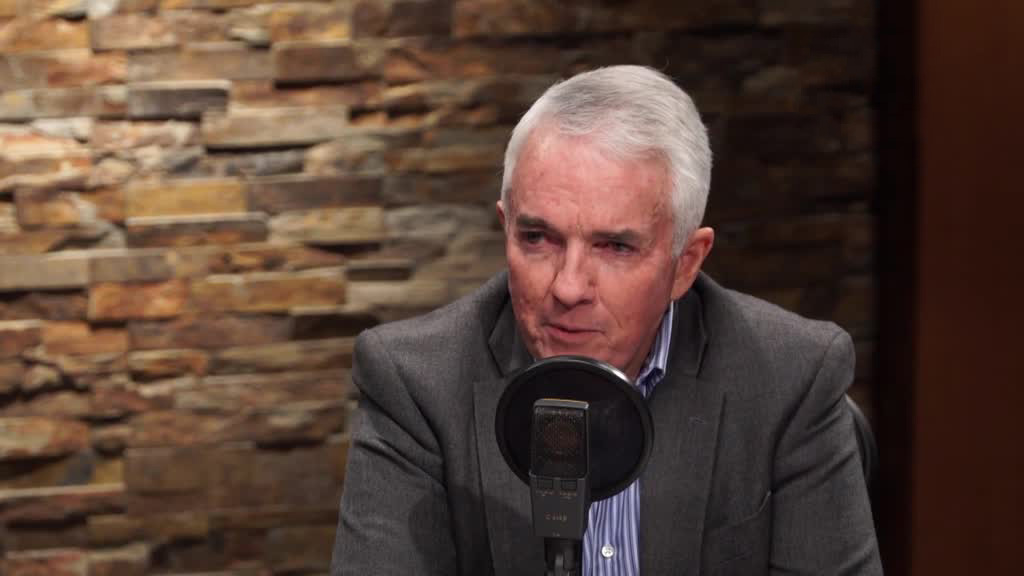Name the unnamable on your team
Most teams have things people aren't supposed to talk about.
Maybe it’s ineffective management or uninspired leadership. Maybe it’s a team member who won’t pull his weight or another who doesn’t play well with others. Maybe its an ‘original sin’ of some kind - leftover feelings from a failed project, a tricky merger or a process improvement gone awry.
Whatever the topic, difficult conversations can bring up feelings of discomfort, anxiety and even fear - so much so that people do their best to just ignore them. Yet talking might be just what people need to do.
How do you effectively tackle taboos? We think you’ll find these resources helpful.
Elephants are Opportunities
Not only can authentic conversations build trust and help teams get unstuck - they are also profound opportunities for growth. In her article for The Harvard Business Review, author Amy Gallo tells the story of how an argument with a client helped improve her comfort with conflict - and offers straightforward, practical advice for having difficult conversations.
What is a Leader to Do?
Let’s say you want to engage your team in more honest conversation but don’t want to open up a Pandora’s Box of conflict that makes matters even worse. In this engaging podcast - Elephant in the Room: A Leader’s Guide to Tough Conversations - senior consultant and author Mike Bechtle offers guidance and reflections on how to bring about a healthy result when engaging in a seemingly taboo conversation.
The Play-By-Play
Authors Sue Hammond & Andrea Mayfield cut to the chase in their gem of a work, The Thin Book of Naming Elephants, a highly practical guide for the leader or team member who wants to get people talking about what isn’t supposed to be discussed. For more guidance on having real conversations, we think you’ll find our recent blog on the topic - Name the Elephant (or Kill the Lion) - helpful as well.
There is certainly a time to let things go. And there are also times to pull back the curtain, sweep back the rug, and shine a light on - and name - the unnamable.
Having real conversations about difficult topics can help break down walls, identify the true cause of problems, and align individuals and teams to work together for the common good. Authentic dialog can even help a team get to the heart of its dysfunction - and move on to a future of greater trust, compassion, efficiency, inspiration, and results.



